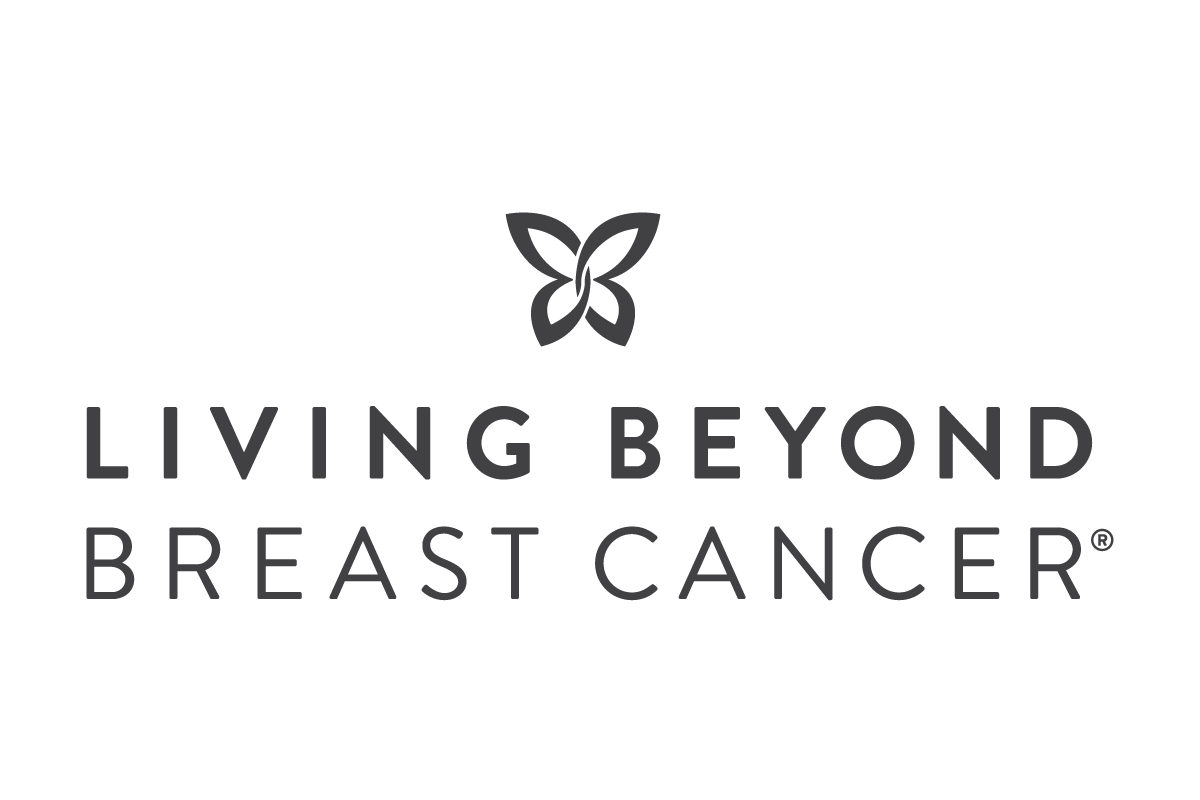Getting your bearings after a diagnosis of metastatic breast cancer
- 11/27/13
Sherri West, 58, of Salem, Ore., describes living with metastatic breast cancer in one short message: “Yes, you’re going to go off the deep end a little bit — that’s the way it is. But there’s a lot out there for you, and [a metastatic breast cancer diagnosis] is not the end of what can be a very long road.”
With the development of new medicines and a deeper understanding of MBC through research and clinical trials, the approximately 150,000 Americans diagnosed with the disease are living longer compared with those diagnosed in the past.
Still, hearing the news that cancer that first developed in the breast traveled to other areas of the body can be overwhelming, whether you were initially diagnosed with early-stage breast cancer that has since spread or your first diagnosis was stage IV disease.
“I got blown away a lot in the first month,” Sherri remembers. She was diagnosed with metastatic, estrogen receptor-positive disease in 2009. The cancer in her breast had already spread to her bones and liver by the time she was diagnosed.
The initial shock of diagnosis may leave you feeling that there are too many questions and not enough answers. Know there are many ways to cope with the news, find the information you need to make informed decisions, and balance your emotions as time goes on.
Building Your Healthcare Team
For many women, the most important part of successfully managing a new diagnosis is assembling a healthcare team. Look for people you trust with all aspects of your care, from medically treating the cancer to offering emotional support should you feel depressed or anxious.
Your healthcare team may include allied health professionals, like social workers, mental health practitioners and patient navigators. You can get good support from your doctors, though. Sherri recalls how her medical oncologist helped her keep her anxiety low.
“I’ve had the same oncologist for 4 years, and he makes the whole situation much easier to deal with,” she says. “Once I was in the hands of people who were experienced with mets it was easier to understand and process.”
Diana DeSantis, 44, of Blue Bell, Pa., agrees. In December 2011, Diana learned the stage II, ER-positive breast cancer she was diagnosed with the year before had metastasized. The first time she was diagnosed she consulted one medical oncologist; this second time, she sought three different opinions before settling on her care team. In the end she replaced her medical oncologist but remained with her original breast surgeon.
“In hindsight I would have gone for a second opinion at my first diagnosis,” says Diana. “With MBC I went to nurse navigators and asked them where the best oncology teams in the area were. If you don’t like your doctor[s] or you’re unhappy with your care, you don’t have to keep them.”
Getting a care team in place to meet medical and emotional needs is one of the most important steps you can take in navigating a new diagnosis of stage IV breast cancer notes Drucilla Brethwaite, MSW, LCSW, OSW-C, an oncology counselor at Life with Cancer in Fairfax, Va. Having a plan can reduce anxiety and increase confidence in your decision-making.
“Anxiety often comes because of the learning curve,” she says. “Gathering information and support moves you from uncertainty to certainty.”
Reducing Stress and Anxiety
Barbara L. Andersen, PhD, professor of psychology at Ohio State University, says that about 20 percent of all people with cancer encounter trouble with clinical depressive symptoms, such as feeling little interest or pleasure in doing things and feeling down, depressed or helpless most days. If this sounds familiar, you may also have sleep or appetite problems, or have trouble focusing mentally. She notes, though, that there’s a difference between “normal” negative feelings caused by stressful news, and feelings that persist and suggest more serious depression.
“If you feel bad about yourself or like a failure, feeling helpless or like nothing could cheer you up, you should consider talking with someone, your physician or a close friend,” says Dr. Andersen. “Just because you have cancer doesn’t mean you should feel bad about yourself.”
After Diana’s diagnosis, she contacted a representative of the employee assistance program offered at her job, who put her in touch with a counselor who had experience helping people with cancer. EAPs are benefits that some employers offer to help you cope with personal problems that may have a negative impact on work performance or well-being. Coverage of short-term counseling is sometimes offered through EAPs; they can be good resources to find support for you or your family members.
“I needed help and was completely overwhelmed,” Diana says. “Finding a counselor was one of the best decisions I made. A lot of people don’t realize these [EAPs] are available to them.”
Gretchen Vare, 59, of Wayne, Pa., chose to incorporate complementary therapies into her care plan, alongside traditional medical treatment, to help lessen the anxiety she felt off and on after diagnosis. She joined a research study at Thomas Jefferson University Hospital in Philadelphia on mindfulness meditation, a type of complementary therapy that involves focusing on the present moment.
Without expecting to, Gretchen found a means to calm down and fall back to sleep on nights she awoke with worry about the cancer.
“I went into the study thinking mindfulness wouldn’t be for me, but that at least I’d be contributing to research that might help someone else. It helped me learn that thinking the worst is not the best for you,” she says.
Using complementary therapies like mindfulness meditation and guided imagery can be effective ways to cope with anxiety. You don’t need access to classes or practitioners to employ non-medical stress relieving activities, as there are great resources available on the Internet. Ms. Brethwaite offers a few key strategies for achieving emotional balance:
- Slow down. Stress hormones can keep you from thinking clearly.
- Use an affirmation, like “I can do this,” to center yourself.
- Take three slow, deep breaths and smile. The breath is a natural way to reduce stress.
- Use texting or Facebook to stay connected. They require less energy.
- Don’t forget your boundaries. Protect yourself from people who are toxic to your situation.
- Identify three things you will not let go of such as reading bedtime stories to your kids or planning dinner menus.
- Use humor and engage in life. Do something fun or new. Watch a funny or inspirational video on YouTube or TED Talks.
- Relive moments of excellence. Recall memories of times you felt happy or fulfilled.
- Identify meaning or purpose. Find a means of expressing yourself through journaling or art.
“Times of sadness and worry are normal,” Ms. Brethwaite says. “This is a hard situation, and it’s OK to be sad for a while. Just don’t get stuck there.”
Finding Support
For Lynn Cromer, 57, of Miami, the support of her family and friends was key in her ability to face metastatic breast cancer. She was diagnosed with MBC in 2009, 7 years after she was first told she had stage I disease. Lynn’s family and the community of her synagogue served as her own sort of support group.
“I didn’t want to go to an organized support group where people shared only negative feelings or might stop coming because they’d died,” Lynn says. “The most important support system was my family and friends, my husband who is in the middle of everything and fields my calls.”
Dr. Andersen cautions, though, that in some cases those closest to us are the least likely to understand what it means to be diagnosed with MBC. Especially if you’ve been through treatment for early-stage cancer, many people may believe that “what you’ve beat once, you can beat again.” She recommends finding an established support group if your family or friends aren’t able to help you. Still, not all groups are as organized or effective as others.
“I always recommend people find a group with an experienced professional leading,” she explains. “Professionally-led groups generally have specific, tangible ways to help you cope more effectively. The experienced mental health therapist can redirect questions or comments so that the most helpful coping is encouraged or practiced. In peer-led groups, there’s always the risk of having a negative impact rather than a positive one.”
Managing relationships can be challenging. Caregivers in particular need support of their own and are unlikely to seek it. She recommends making time for them to take a break, or suggesting they find in-person or online support groups. If communication becomes strained, acknowledge your partner’s positive communication and problem solving style.
“The time following a metastatic breast cancer diagnosis is a little like a roller coaster,” says Ms. Brethwaite. “There are going to be times of stability and times of upheaval.”
Practical Tips for Getting the Care You Want
As a woman with metastatic breast cancer, you will receive long-term care. Treatments are aimed at preventing the disease from spreading, extending survival, and reducing side effects so you can maintain your usual routine and participate in activities you enjoy most.
Building a healthcare team you trust to care for you in the long-term is one of the best ways to ensure that you get the care you need in a way that suits you. A good healthcare team will help you make informed, confident treatment decisions.
Building Your Healthcare Team
- Your healthcare team will support you throughout your life. Take time to seek second or third opinions if you are uncomfortable with how a member of your team handles your care, or if you feel you aren’t getting the information you need to make informed decisions. If this is not your first breast cancer diagnosis, it’s OK to think about replacing some or all of the members of your original care team.
- Seek providers who respect your values and individual needs. If interested in complementary therapies like acupuncture or yoga, find an oncologist willing to work with you to integrate them into your standard medical care.
- In some cases, your cancer center may already have treatment teams in place and your health insurance plan may limit you to using those teams. If you are unsure, call your health insurance provider and ask to speak with a case worker about what your plan does or does not cover. He or she may be able to communicate with the hospital or cancer center staff for you to get the information you need.
- Talk with nurse navigators, patient navigators or oncology social workers about what you want from your care team and about any concerns you have. They are there to offer you support and help you through the treatment decision process.
Making Treatment Decisions
- Understand that metastatic breast cancer is an individual experience. Even if you know someone else in treatment, medicines that work or do not work for her may affect you differently. If you are unsure of why your doctors recommend a certain treatment, it’s OK to ask why and to talk about any concerns you have.
- Ask about short- and long-term side effects of medicines, how long they may last and if there are ways to prevent them or lessen their intensity. You will be in treatment for long periods as you and your oncologist work to manage the disease. If a side effect of a medicine disrupts your daily life, talk openly with your doctor about others you might be able to take in its place.
- Discuss clinical trials with your doctor. Many medicines for metastatic breast cancer are not yet FDA-approved and are still under study in clinical trials. These treatments may be effective at extending survival or the length of time during which the disease does not worsen, but researchers need to conduct long-term studies in humans before the FDA will make them widely available. If you are interested in joining a study to gain access to some of these medicines, your doctor will be able to talk with you about your eligibility for local trials. Search for “metastatic breast cancer” on ClinicalTrials.gov to find studies open for enrollment.
Living Beyond Breast Cancer is proud to honor the memory of Sherri West and Gretchen Vare through their contributions to this content.


